Will Music Really Help Improve Reading Skills?
March 18th, 2009Learning to read is NOT rocket science, but it is more complex than most people think. Whether you have a learning disability, dyslexia, ADD/ADHD or not, every person is affected by their visual, auditory, and tactile/kinesthetic processing systems. We all learn by seeing (visual processing), hearing (auditory processing), and doing (tactile/kinesthetic). Both visual processing and auditory processing are critical components to reading with ease. And, within the visual and auditory processing systems there are sub-categories that each affect learning to read.
In fact, the Wiley InterScience reported in 2002 results from a large primary-school study that showed that “both visual motion sensitivity and auditory sensitivity to frequency differences were robust predictors of children’s literacy skills and their orthographic and phonological skills.”
With that connection in mind, a recent study published in the ScienceDaily (Mar. 16, 2009) shows a connection between music training and reading. In the study, children were exposed to a multi-year music program that included keyboard training. The increase in those that had the keyboard training didn’t become apparent until the third year of the training. This is when the music-learning group was in the second grade, just about seven years old.
Age seven is the time when there are developmental spurts of brain growth and gray matter distribution. The brain changes that happen at age seven coupled with the music instruction lead the authors to state, “All of this adds a compelling layer of meaning to the experimental outcomes, perhaps signaling that decisions on ‘when’ to teach are at least as important as ‘what’ to teach when probing differential neural pathways and investigating their associative cognitive substrates.”
Other studies report the positive association between music and language, math, and spatial domains of learning. From this we can see that music or other auditory training is important to improving reading. Think about music training for a moment. Children learn how to visually track the notes they are playing, they learn how to pace what they are playing, and they also improve their auditory, visual memory, and tactile/kinesthetic skills. The training could be on a keyboard, but it could even be on a music maker (about $30.00) and doesn’t even require a teacher to learn.
We need to think about exposing our children to music and think about when we should add a more structured music program into our children’s lives. We should also realize that when we do we are improving their whole life (language, math, and spatial domains).
Whenever we add an auditory or a visual component into our children’s lives we are enriching them and making it easier for them to make connections in their brain that result in an overall improvement in their ability to think, process information, read or do math.
Bonnie Terry, M. Ed., BCET
Don’t forget to sign up for your FREE homework and teaching tips! And, pass the article along to a friend.







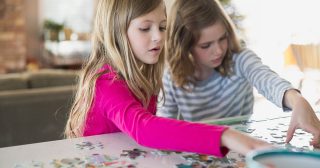
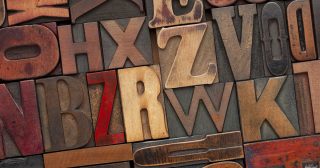


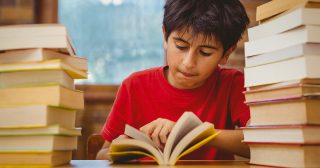
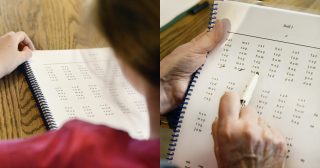


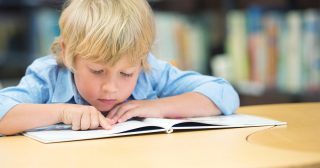
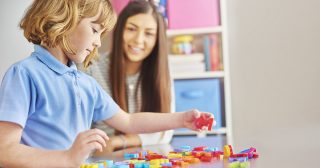
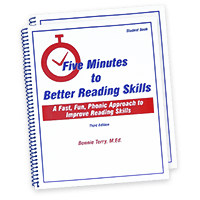
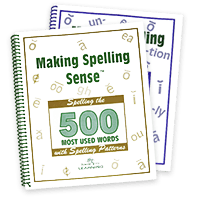
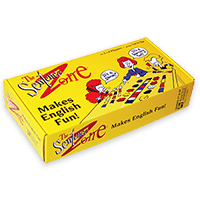
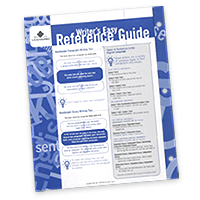
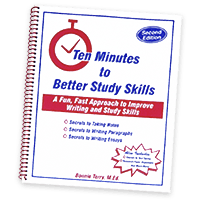
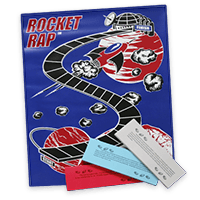
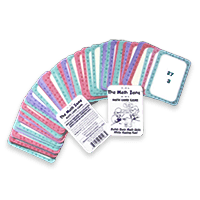
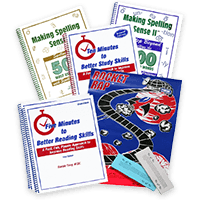
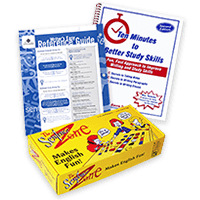
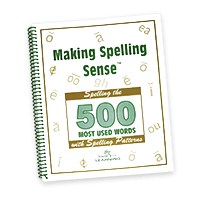









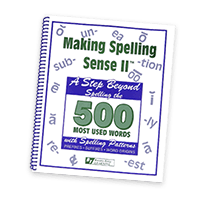
Hello,
My husband and I have a private music course and at the moment creating a web blog to assist our children here http://readmusic.org
Will you mind maybe I quote a number of of your writes as long as We provide recognition and also references back to your web-site? Our blogs is simply in the exact similar area of interest as yours and my students are going to actually gain from a lot of the information you provide right here. Please let me know if this fine with you.
With thanks!
As long as you provide recognition and link back to my site that is fine.
Bonnie Terry, M. Ed., BCET